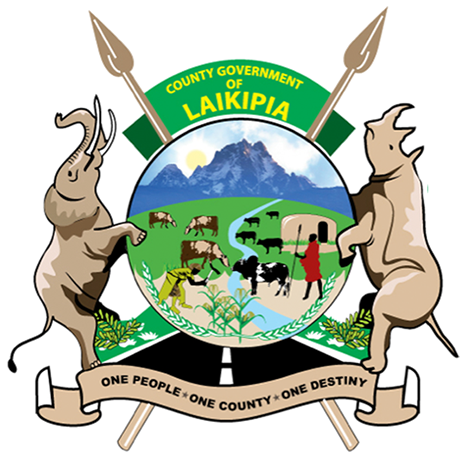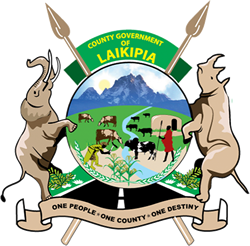Interventions That Are Giving Nanyuki HIV Free Babies
At the NTRH Mother and Child Health Clinic, a key area of focus is the prevention of mother to child transmission of HIV(PTCMT), where a significant increase in the number of HIV-free newborns has been recorded-thanks to early interventions.
The medical staff is ever keen on follow-ups on the health of expectant mothers and their unborn babies. This is an area whose outcome the department staff is extremely proud of.
This is because the outcome - which is an HIV-Free baby - is a delicate walk through all the stages of pregnancy right from conception to delivery, then a one-and-a-half-year period of close monitoring to ensure the mother is in strict adherence to the medical advice given to promote her wellbeing and that of the child.
The process is never an easy one and the staff must use a holistic approach to ensure the right results are achieved. It takes a combination of medical expertise, communication, and negotiation skills, as counselling plays a big role in the success of the interventions.
Negotiation skills are the most useful in the event a mother defaults on her medication, necessitating phone calls and engagements to win her back.
The deployment of early interventions, which earned accolades as the most outstanding by UNICEF during a visit last week, has yielded fruits.
At the MCH Clinic, the medics walk the mother through all stages of her prenatal period to ensure the mothers on ARVs observe the guidelines that will raise the safety of her baby. Mothers are on medication prescriptions to suppress the viral load, hence limiting the chances of transmission to the unborn baby.
The mother is put on continued medication even after delivery to cut down the possibility of transmission through breastfeeding.
At six months, the baby is tested for HIV, and thanks to the latest acquisition of Point of Care machine for Early Infant Diagnosis, the turnaround time for the tests has been reduced to just a few hours, down from a lengthy period of up to two months when the hospital relied on KEMRI labs for this procedure.
This is a welcome relief for mothers as the hospital is able to make timely intervention decisions upon receiving prompt results.
Monthly records show that the interventions have yielded impressive results. More often than not, a month passes without a single HIV positive child.
Standard procedures at birth make sure the medics eliminate the risks of the infant contracting HIV from the mother during the process.
By engaging mentor mothers, the clinic has been able to scale up the success of its PMTCT campaigns. Due to their experience, mentor mothers have a big influence in their communities, where they encourage mothers to be keen on their hospital visits for their own health and that of their children as well.
Lately, husbands are also accompanying their wives for the clinic visits, a trend that healthcare providers at NTRH is excited about it, as it is a sign of responsible parenting taking root. The medics say such couples are given first priority, as such gestures of responsible parenting are community role models.
Testing and counseling couples together have a far much higher impact as compared to dealing with the mother alone.
To scale up this intervention, NTRH has cast its sights on an even more specialized mother and child care in the near future. An upcoming Mother and Child Hospital Complex is set to revolutionize healthcare provision for the target clients in the region. The 140-bed complex, which is now in the process of being equipped, will house all the referral needs for pre and postnatal needs for both the mother and the child.

